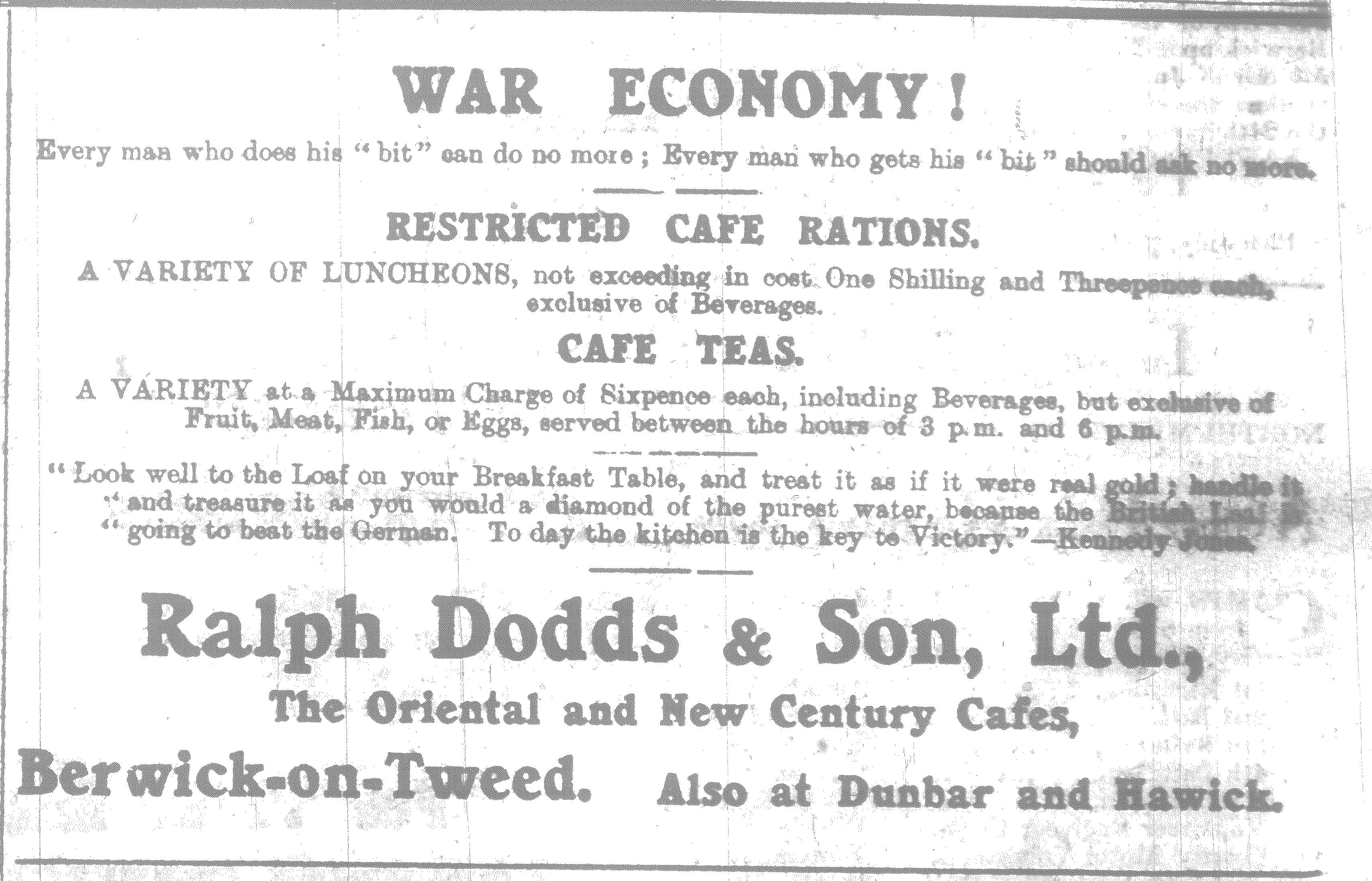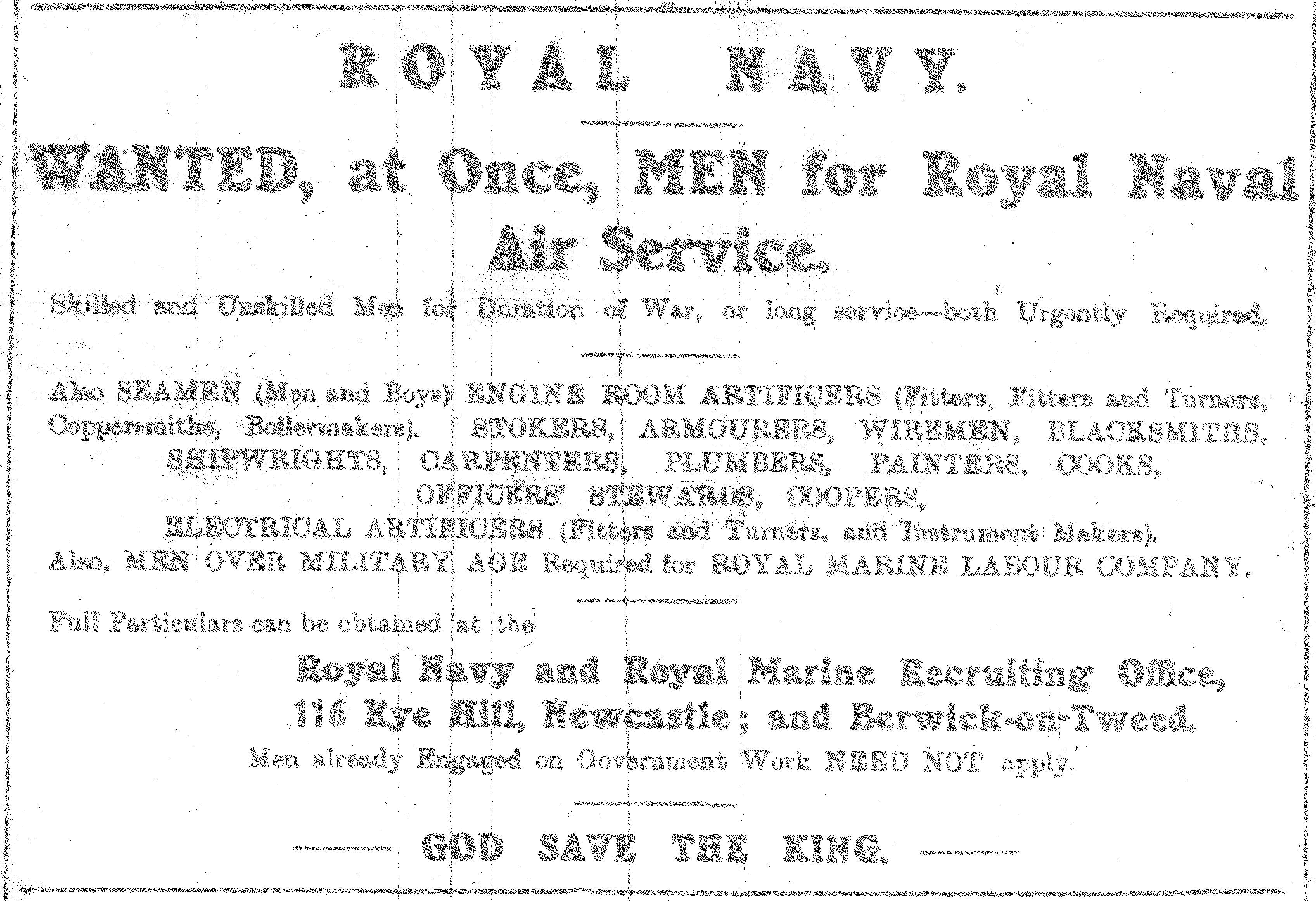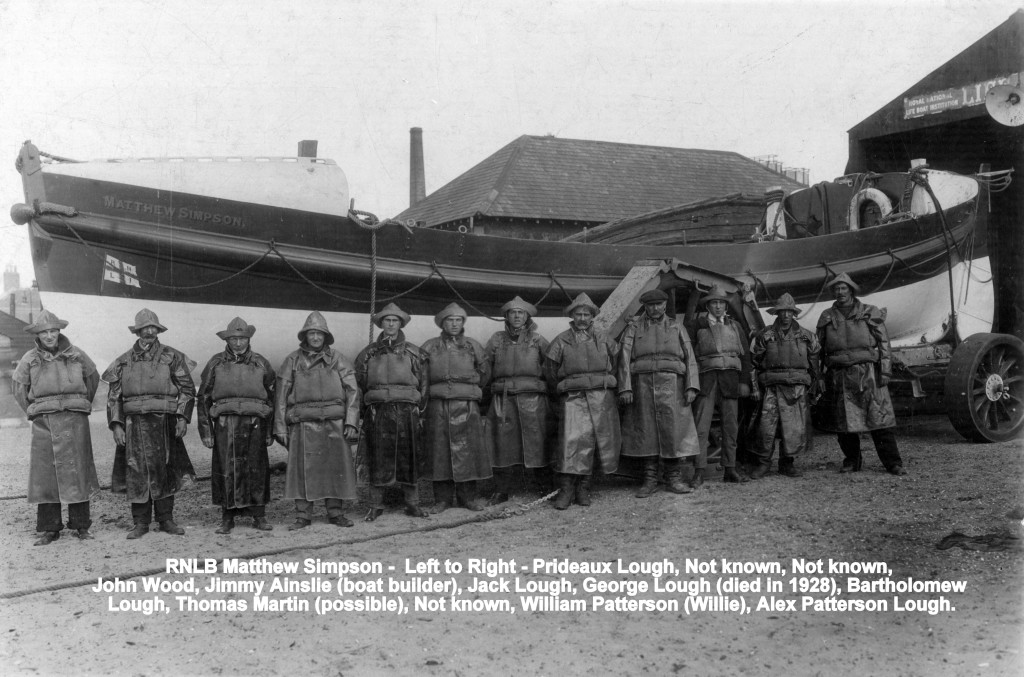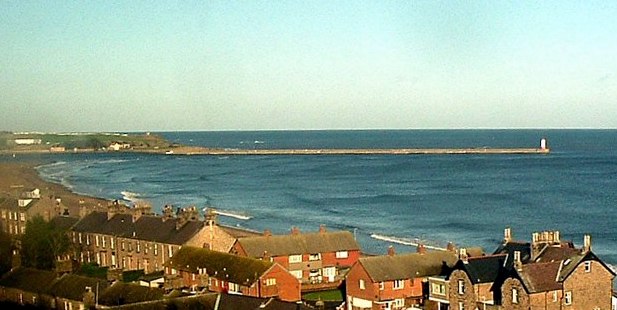BERWICK ADVERTISER, 13 JULY 1917
BERWICK PETTY SESSIONS
TRADING ON SUNDAY
A QUERY AS TO SALE OF SUNDAY PAPERS
Ann Paterson, Berwick, shopkeeper, 101 Castlegate, Berwick, was charged with having, on Sunday, 8th inst., unlawfully engaged in trading. She pleaded guilty, and the Chief Constable explained that there had been complaints, the shop being watched. She was discovered selling six packets of Wild Woodbine cigarettes. P.C. Smith proved the case, and stated when challenged the accused expressed her regret, and admitted that she knew she was contravening the law.
The Chief Constable stated that in future he would summon customers as well as defendants.
The defendant said she was really sorry and that the boys came from the station.
In answer to Mr Dodd’s it was explained that tobacconists were equally guilty if they sold tobacco on Sundays, and that the case was taken under an Act dated 1677. There had been about thirty such cases during the present Chief Constable’s time, and it was not usual to administer a warning, as the law was supposed to be understood.
The Bench imposed a fine of 5s, which was paid.
Mr Dodds – What about Sunday papers, Mr Nicholson?
The Chief Constable – I daresay I could take them, too, but it has never been done. I buy one myself.
Mr Dodds – War time.
Mr Hogarth – That does not make it legal.
The Chief Constable – I am afraid I could have you up too. (Laughter.)
Mr Hogarth – I am certain you could not. (Laughter.)
LOCAL NEWS
Boy Falls into the River – What was almost another fatal drowning accident occurred at Spittal about noon on Wednesday. A little boy, Ronnie Gibb, aged 5, son of Mrs Gibb, Main Street, and of Private Gibb, Royal Engineers, who was formerly a North Eastern Railway guard, and is now at the front, was paddling on the beach with his twin brother, and had climbed into a boat from which he fell into the water, and was rapidly washed out towards the sea. The incident was seen by a Mr Dick Piercy, a fisherman who was standing on the Bat at the Berwick side, and he shouted across to a crew of Spittal fishermen to tell them what had happened. They rowed after the child as fast as they could, and reached him near the Pier when Mr John Ainslie, master of the boat, was able to pull him out of the water. Prompt measures were taken to restore the little boy to consciousness, and his rescuers, were soon rewarded by his giving a cry, which showed that he was still alive. The boat was met by Mr Peter Patterson, railway guard, who showed the fishermen how to do artificial respiration, and the child was soon able to breathe properly and even to speak. A young member of the crew, named Patterson, then carried him home. His mother’s relief in finding he was alive may be imagined when it is known that a few minutes before he was carried home his little brother, who had seen him washed away, had run in to tell her that he was drowned.
ROYAL NATIONAL LIFE-BOAT INSTITUTION
Elder House
Berwick-on-Tweed,
10th July, 1917.
Sir,- The year 1916 constitutes a record in the history of the Institution for the number of lives saved – 1,300, and never were the courage, endurance, and seamanship of the Life-Boat Crews more severely tested than in the terrific gales of October and November last.
But while the year of 1916 has been fruitful the number of lives saved, it has, alas; been marked by the loss of 16 gallant Life-Boatmen, the complete wreck of one Life-Boat, and severe damage to others.
I regret to add that the income of the Institution was £21,000 less than in 1915; and it must be remembered that the service is entirely dependent on voluntary contributions.
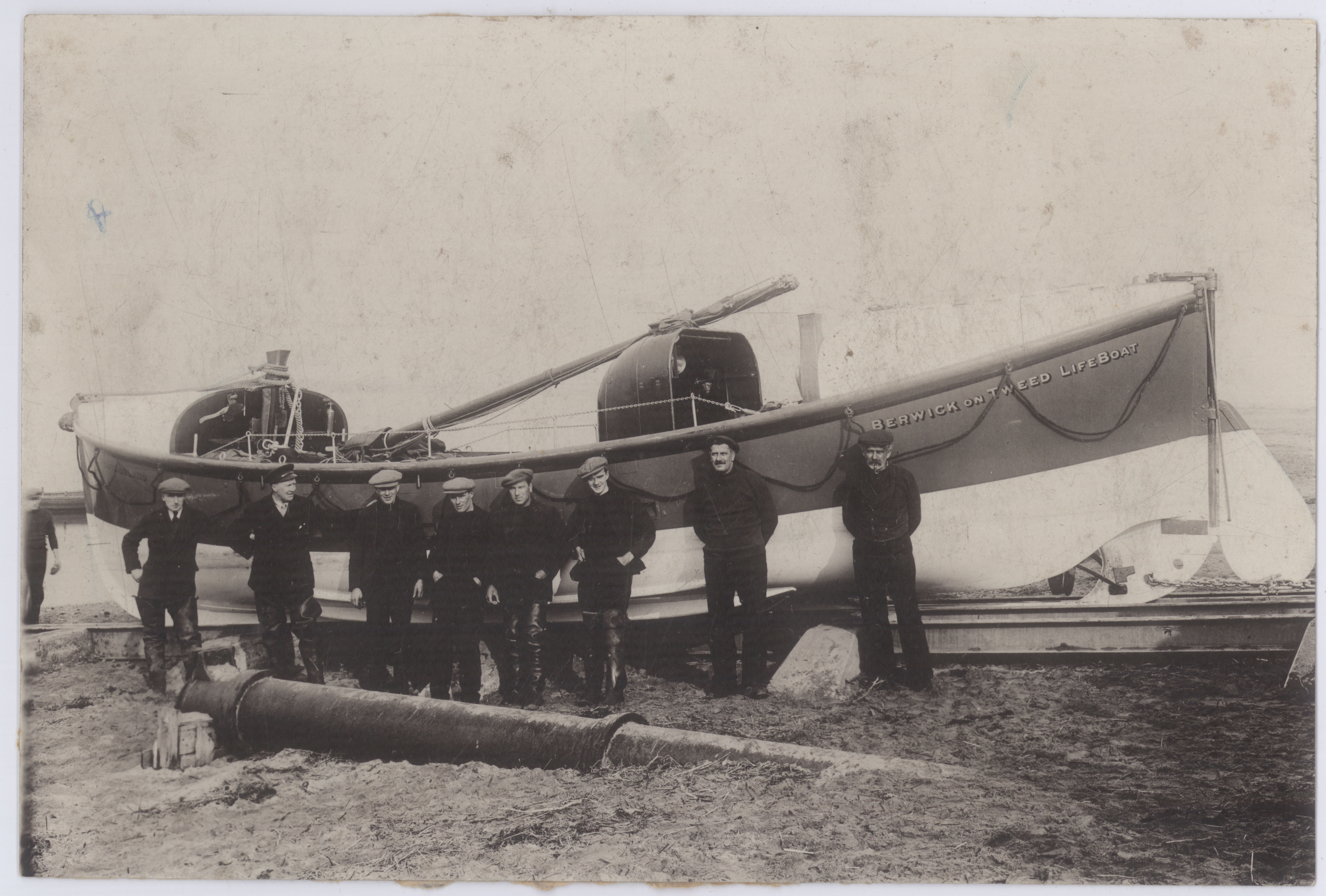
The Life-Boat Service is national in the truest sense of the word, and is playing an active and noble part in the War. It is hardly realised by the Nation that many hundreds of lives have been saved from H.M. Ships and other vessels which have fallen a victim to the mine or the torpedo, or other causes directly arising out of the War; and that over 2,600 lives have been saved for Britain and her Allies since August, 1914.
But, in these times, there is also a personal aspect; for there is surely no British man or woman who has not some relative or friend who is obliged to cross the seas in carrying out his duty to King and Country; and any of these men may need the services of the Life-Boat.
These brief facts are the reason of my earnest appeal to you not to gorget [sic] the Life-Boat Cause, even amidst the many claims to your generosity which the war involves, and I feel sure that I can rely upon your sympathy and support for one of the noblest forms of national activity, which can now point to over 54,600 lives saved.
Yours faithfully
C. L. Fraser
Hon. Secretary, Berwick-on-Tweed Branch.
Royal National Life-Boat Institution.
In aid of the Life-Boat Cause an entertainment will be held in Berwick at end of August or beginning of September: Particulars later.


